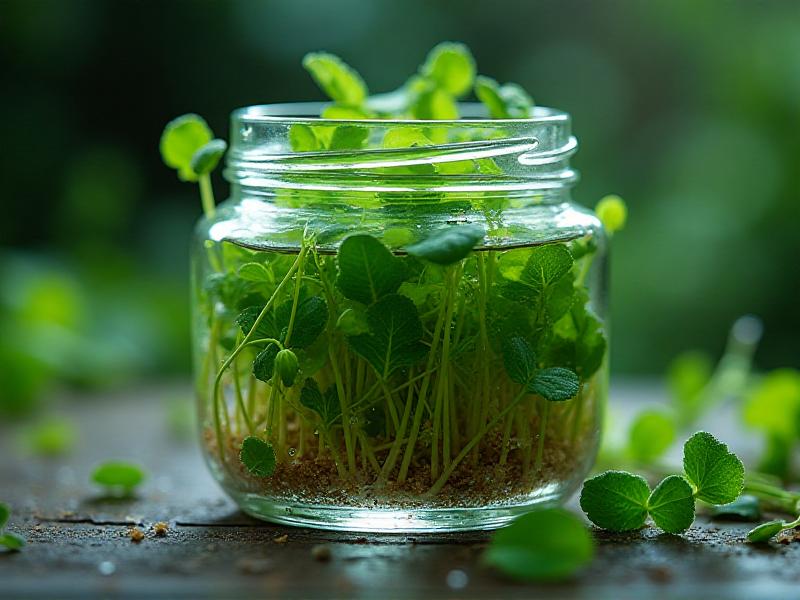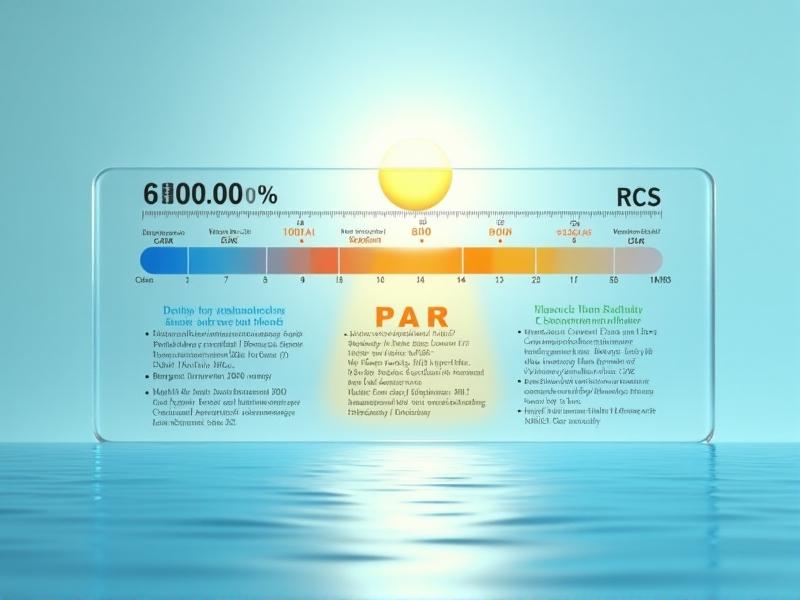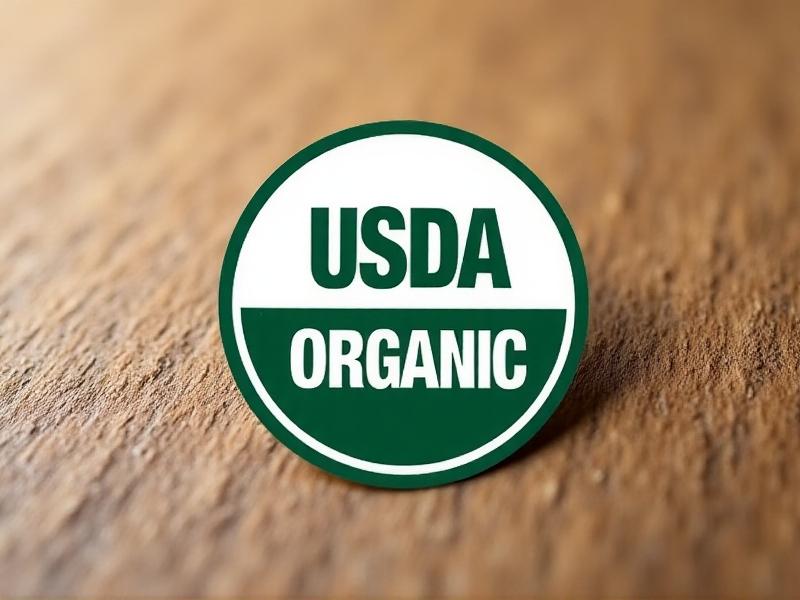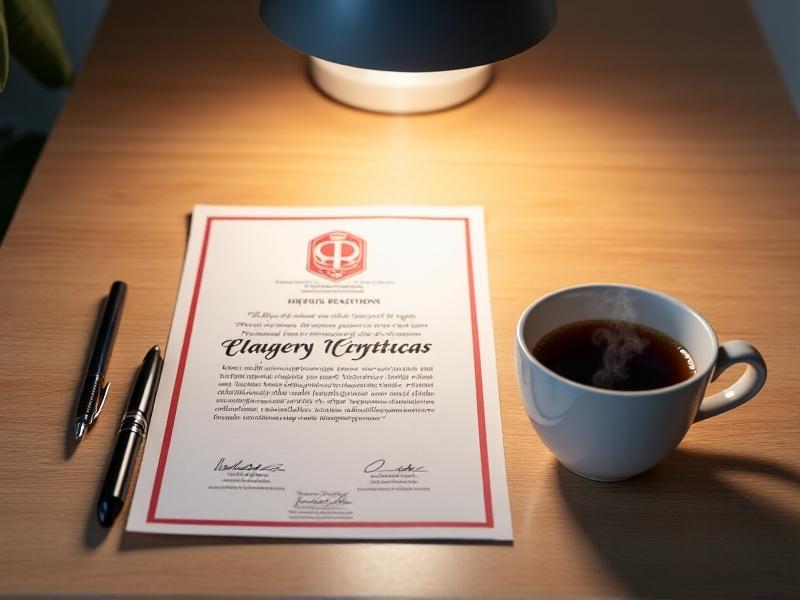Non-GMO Certification Process Explained
What is Non-GMO Certification?
Non-GMO certification is a process that verifies products are made without the use of genetically modified organisms (GMOs). This certification is crucial for consumers who prefer to avoid GMOs due to health, environmental, or ethical concerns. The certification process involves rigorous testing and documentation to ensure that products meet specific standards set by certifying bodies.
Non-GMO certification is not just about the absence of GMOs; it also involves ensuring that the entire supply chain, from seed to shelf, adheres to strict guidelines. This includes testing raw materials, monitoring production processes, and verifying that no cross-contamination with GMOs occurs. The certification is often symbolized by a label on the product packaging, which helps consumers make informed choices.
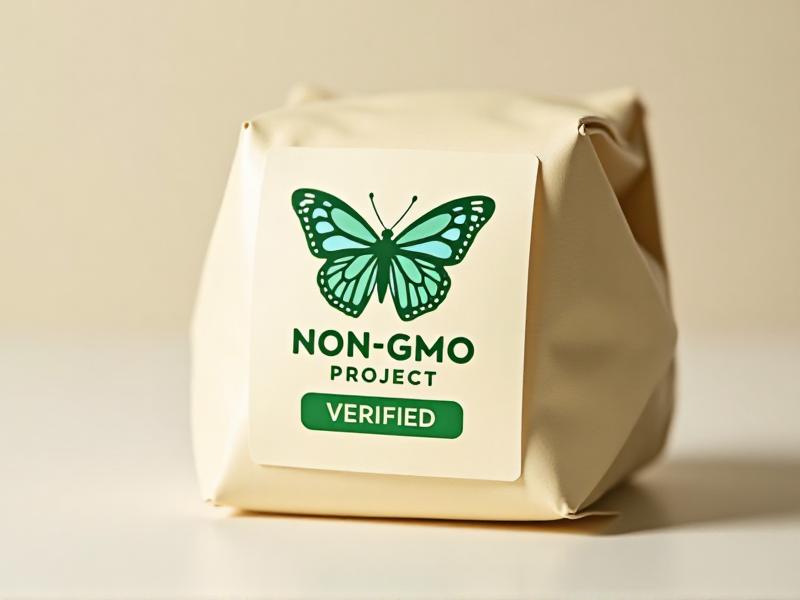
Why is Non-GMO Certification Important?
Non-GMO certification is important for several reasons. First, it provides transparency for consumers who are increasingly concerned about the origins and composition of their food. With the rise of health-conscious eating, many people seek out non-GMO products to avoid potential risks associated with GMOs, such as allergies or unknown long-term effects.
Second, non-GMO certification supports sustainable agriculture. By promoting the use of non-GMO seeds and farming practices, it encourages biodiversity and reduces the reliance on chemical inputs. This can lead to healthier ecosystems and more resilient food systems. Additionally, non-GMO certification can offer economic benefits to farmers and producers by opening up new markets and increasing consumer trust.

Who Provides Non-GMO Certification?
Several organizations provide non-GMO certification, with the Non-GMO Project being one of the most recognized. The Non-GMO Project is a non-profit organization that offers a rigorous verification process for products in the United States and Canada. Their certification involves thorough testing and ongoing compliance checks to ensure that products meet their standards.
Other certifying bodies include the USDA Organic program, which also prohibits the use of GMOs in certified organic products. In Europe, the European Union has strict regulations on GMOs, and products labeled as non-GMO must comply with these regulations. Each certifying body has its own set of standards and procedures, but the goal is the same: to provide consumers with trustworthy non-GMO products.

The Non-GMO Certification Process
The non-GMO certification process begins with an application from the producer or manufacturer. This application includes detailed information about the product, its ingredients, and the supply chain. The certifying body then reviews the application and conducts an initial assessment to determine if the product is eligible for certification.
Next, the product undergoes testing to detect the presence of GMOs. This testing is done at various stages of the supply chain, from raw materials to finished products. If the product passes the testing phase, the certifying body conducts an on-site audit to verify compliance with non-GMO standards. Once all requirements are met, the product is awarded the non-GMO certification and can display the certification label.
Challenges in the Non-GMO Certification Process
Despite its benefits, the non-GMO certification process is not without challenges. One major challenge is the cost associated with testing and compliance. For small producers, the expense of certification can be prohibitive, making it difficult for them to compete in the market. Additionally, the process can be time-consuming, requiring detailed documentation and regular audits.
Another challenge is the risk of cross-contamination. Even with strict controls, it can be difficult to completely eliminate the possibility of GMOs entering the supply chain, especially in regions where GMO crops are widely grown. This requires producers to implement stringent measures to prevent contamination, which can add to the complexity and cost of the certification process.
How to Identify Non-GMO Certified Products
Identifying non-GMO certified products is relatively straightforward, thanks to the certification labels that appear on product packaging. The most common label is the Non-GMO Project Verified seal, which features a green and white butterfly. This label indicates that the product has been rigorously tested and meets the Non-GMO Project's standards.
In addition to the Non-GMO Project label, products that are certified organic by the USDA also indicate that they are non-GMO, as the USDA Organic standards prohibit the use of GMOs. When shopping, consumers should look for these labels on products to ensure they are choosing non-GMO options. It's also a good idea to read ingredient lists and research brands that are committed to non-GMO practices.
The Future of Non-GMO Certification
The future of non-GMO certification looks promising, as consumer demand for transparency and sustainable products continues to grow. Advances in testing technology are making it easier and more cost-effective to detect GMOs, which could lower the barriers to certification for smaller producers. Additionally, as more companies commit to non-GMO practices, the market for certified products is expected to expand.
However, the future also presents challenges, such as the need for global standardization of non-GMO certification. With different regions having varying regulations and standards, achieving consistency in certification can be complex. Nonetheless, the increasing awareness and demand for non-GMO products suggest that non-GMO certification will remain a key factor in the food industry for years to come.




